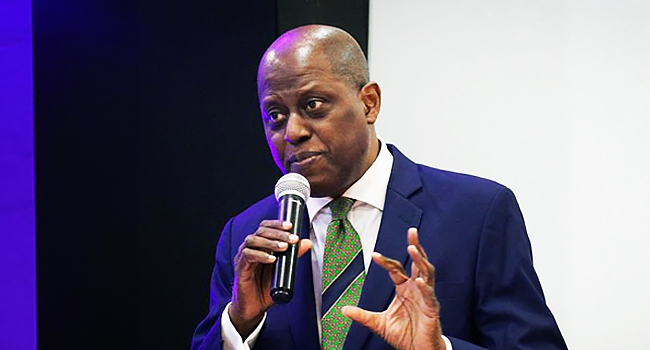Olayemi Cardoso, the governor of the Central Bank of Nigeria (CBN), introduced the Nigeria Foreign Exchange Code (FX Code), highlighting honesty, equity, openness, and efficiency as essential tenets for promoting stability and economic progress in Nigeria.
According to the statement which was released by the CBN on Tuesday, Ethics, governance, execution, information sharing, risk management, compliance, and confirmation and settlement procedures are the six pillars around which the FX Code is based.
Read also: CBN unveils new naira payment system to improve MDAs payment turnaround times by 70%
These guidelines address the particular difficulties of Nigeria’s foreign exchange market while also being in line with international norms.
According to Cardoso, “The FX Code represents a decisive step forward, setting clear and enforceable standards for ethical conduct, transparency, and good governance in our foreign exchange market. The era of opaque practices is over. The FX Code marks a new era of compliance and accountability. Under the CBN Act 2007 and BOFIA Act 2020, violations will be met with penalties and administrative actions.”
Market reform’s progress
Additionally, Governor Cardoso stated that progress is already being made on the path to market reform.
He stated, “The year 2024 was marked by structural reforms that sought to return the naira to a freely determined market price and ease volatility as several distortions were removed from the market.”
The FX Code is a component of the CBN’s enhanced emphasis on compliance throughout the financial industry, which extends beyond the foreign exchange market. Its 52 sub-principles and six guiding principles are intended to serve as the standard for behaviour at all member institutions.
Read also: CBN targets foreign investments, restrict local transactions in new diaspora accounts
Leaders of the financial markets and bank heads praised the launch and reaffirmed their support for the FX Code.
Participating banks formally signed the agreement at the event’s conclusion, signifying their joint efforts to advance openness and confidence. Building a more responsible and stable financial future is made possible by this group’s dedication.




